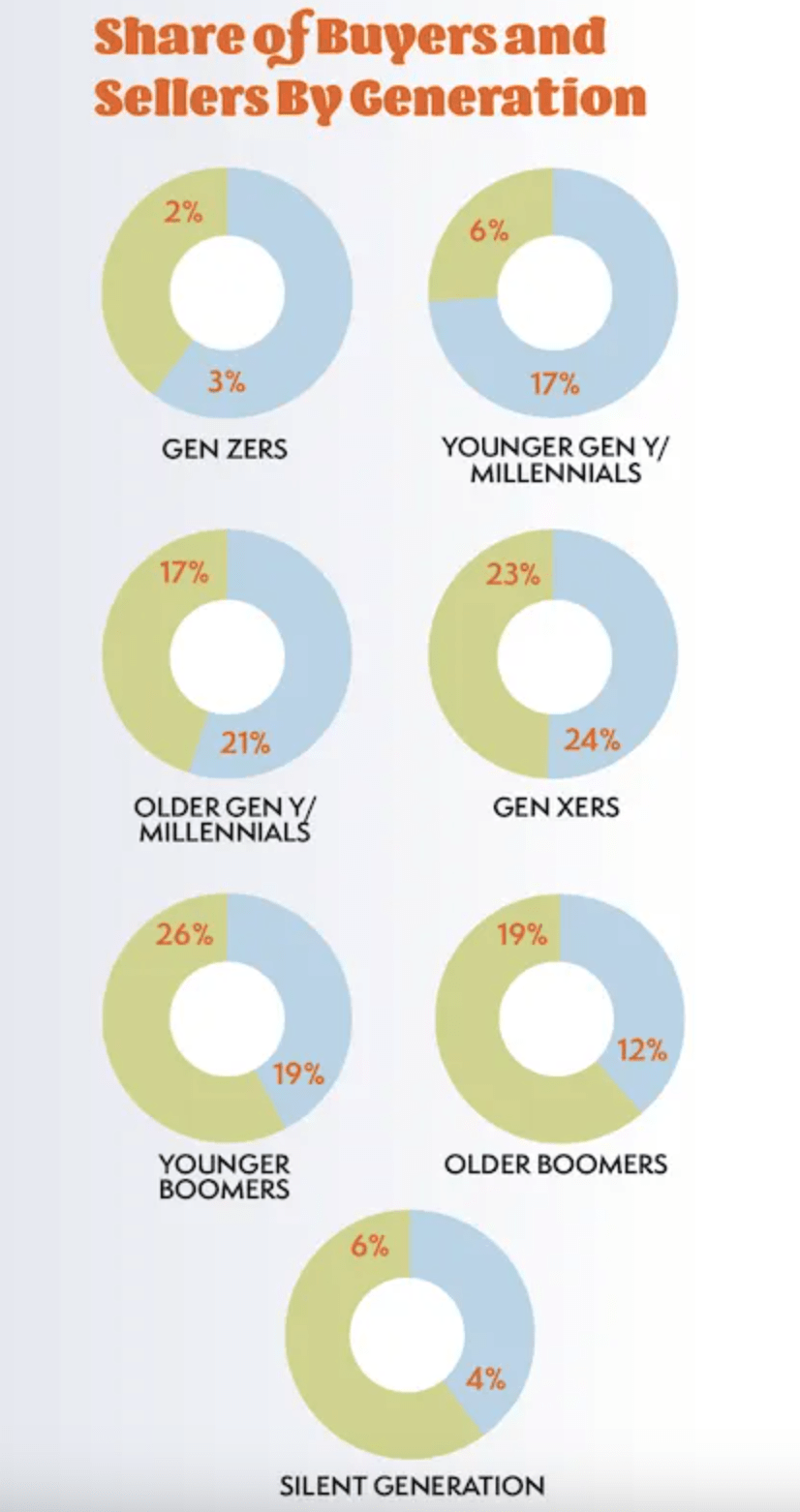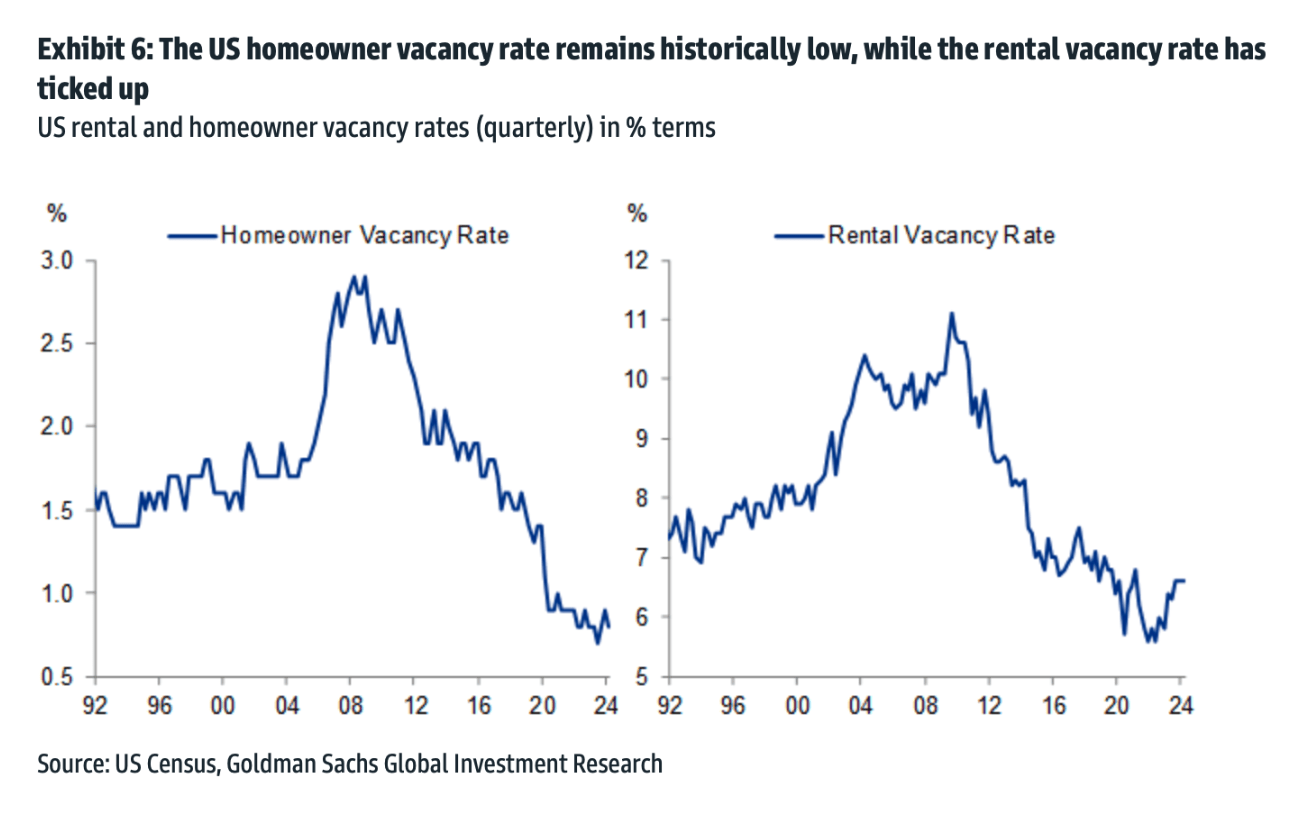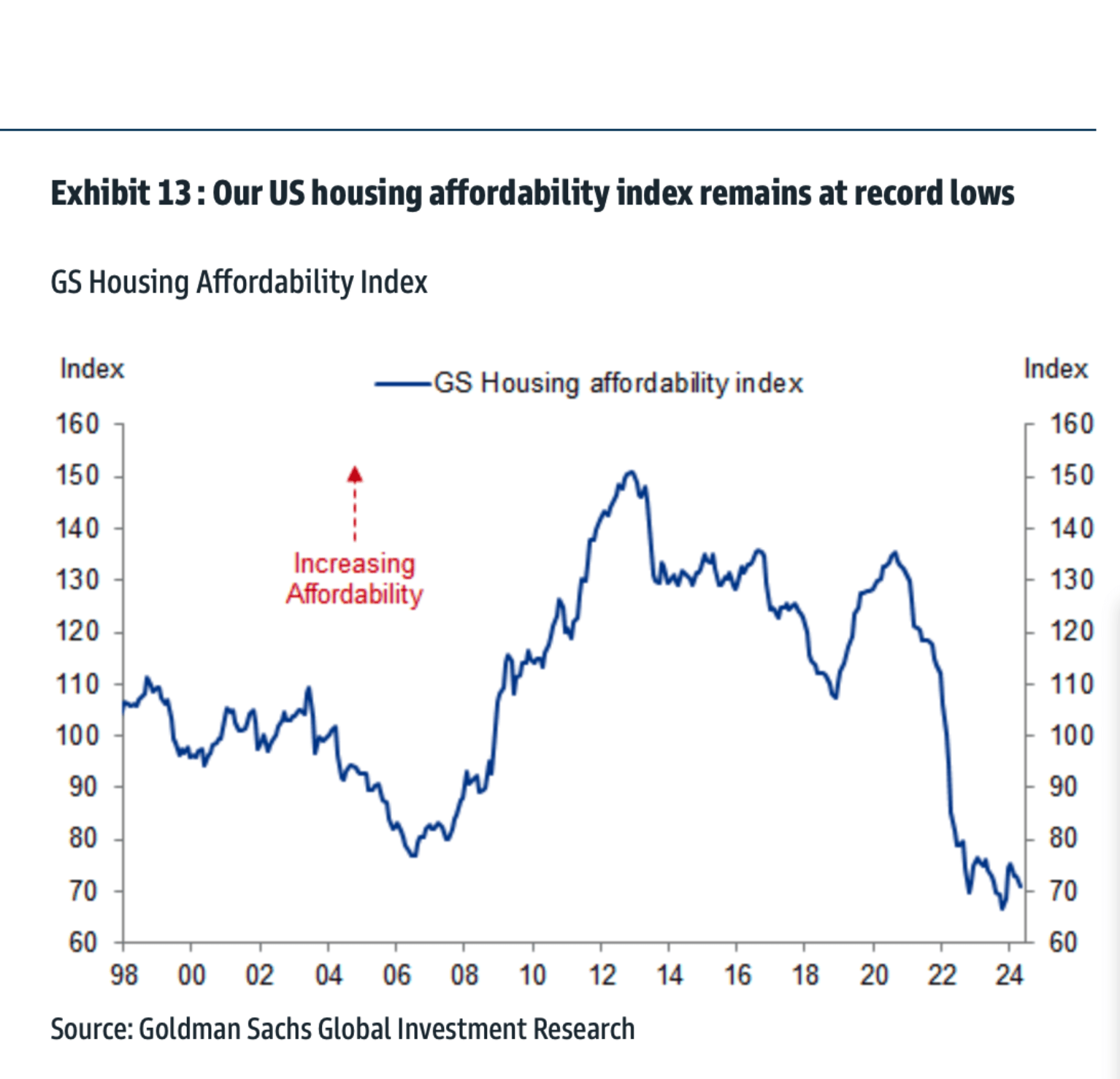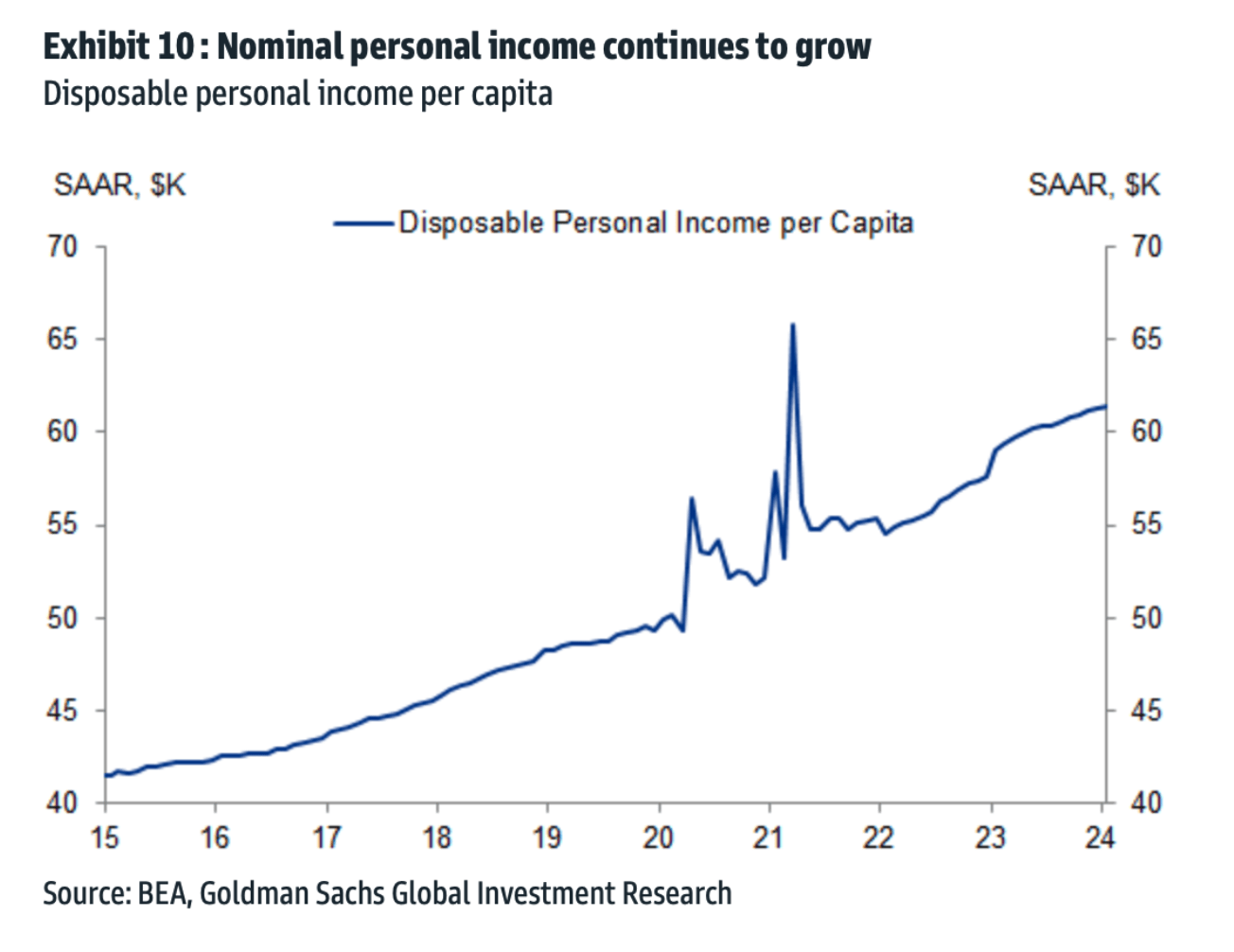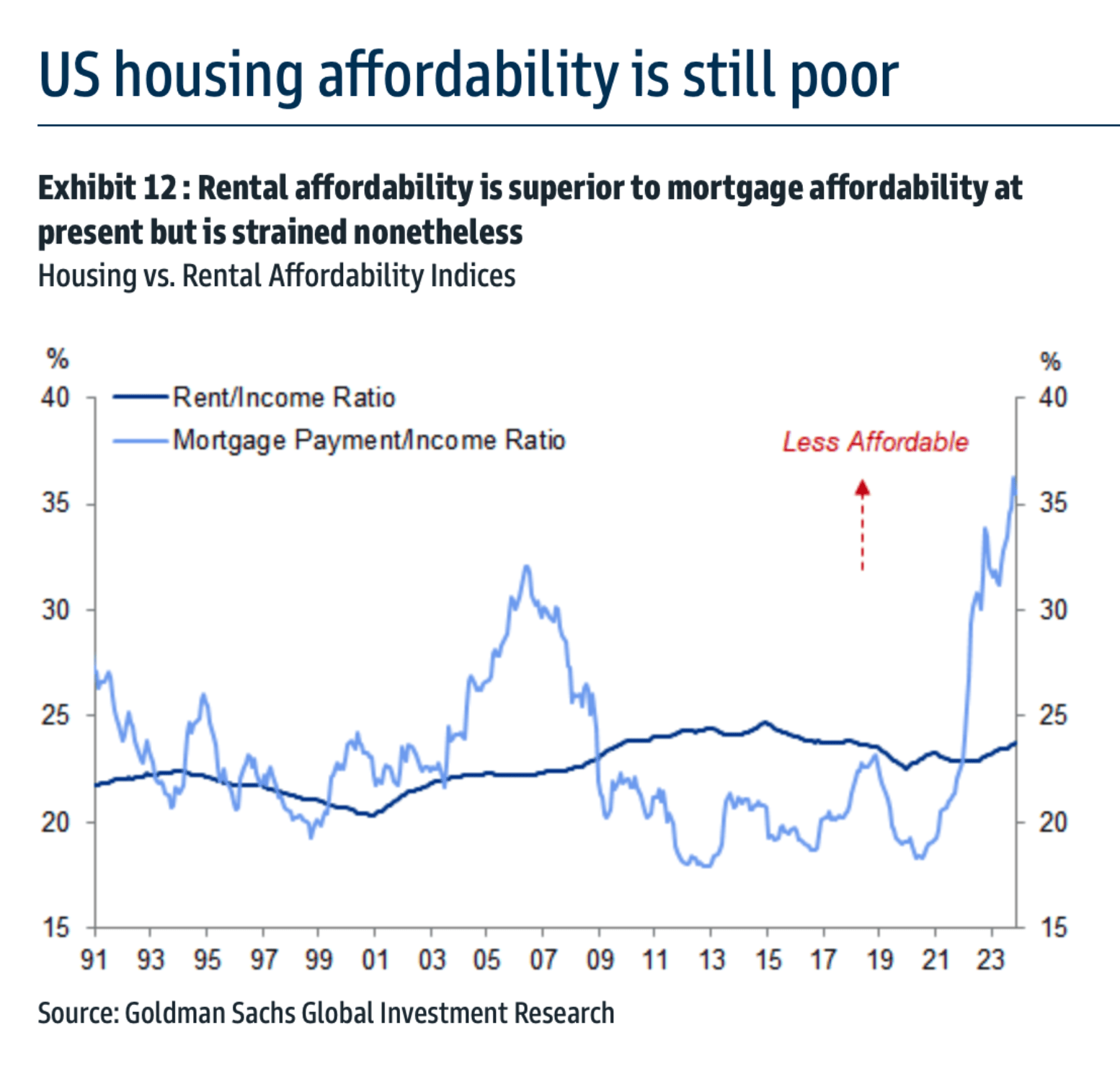People ask, “How long does it take to write the real estate column?” All week. I have dozens of columns rattling around up there, but I sometimes struggle with what it is my audience wants. The easiest column to write is just a list of statistics. The reaction is usually, “Wow, that’s a lot of data.” That’s cheating. I know that it’s a cop-out to just post the numbers without considerable fact-based analysis. This week I’ll give you more analysis.
Buyer’s Agents
Nobody agrees. Some pundits focus on what should happen, others talk about what’s beginning to happen, but it’s too early and the experts can’t know what will become the “new normal”. We do know the Multiple Listing Service (MLS) will no longer publish a “uniform offer of compensation” for the buyer beginning in August but it’s not clear what will replace it. Some say sellers will offer a “seller concession” in the remarks and stick to the old model. But an important piece of the old model is that the commissions were part of the purchase price and therefore part of the financing. Now, Fannie Mae, Freddie Mac, and FHA do not allow commissions to be added to the balance of the mortgage. Clearly, we are in for a messy period of inconsistency and experimentation before we find a solution for who pays for buyer-agency and how. And we will. Buyers need representation. I don’t believe we are moving to the transaction-broker model (where the one agent is legally neutral). Consider that commercial real estate brokers rely far less on buyer-brokerage. Homes.com is making a billion-dollar bet including Superbowl commercials that I’m wrong, that listing agents will rely on their platform and buyer’s agents will become less relevant. While Zillow sells buyer leads to agents, Homes.com commits to the “my listing, my lead” principle, directing all leads to the listing agent. They hope that listing agents will spend more to advertise listings on the platform, chipping away at the power of the local MLS. Zillow responded last week with consumer-friendly non-exclusive “touring agreements” to take the place of long-term buyer-brokerage agreements. Why? Because “most people want to date before becoming exclusive.” It seems to be at odds with Zillow’s model that sells leads to buyer agents but clearly everybody is experimenting. Do listing agents need Homes.com to promote listings? Not while the MLS provides sellers sufficient reach through syndication, and they do, and that is not likely to change. In fact, several large MLS’s, nationally and in Connecticut, have begun opening to non-members, confusing the landscape further. Finally, a reminder that 89% of homes are sold by agents, and NAR’s annual survey shows the vast majority of consumers already knew their agent or were referred to their agent by someone they knew. The business is still dominated by relationships, not internet portals. On my weekly real estate podcast, Boroughs & Burbs #61, superagent Lisa Lippman taught me that new business is directly related to how many doors I go through each week. “Get out there and connect with people.” She is right and I think I’ll get off my computer now.
Three Price Opinions this Week
Three people called this week asking us to put a value on their homes. One said he found us on Google. The second, downsizing, was a referral from a friend and past client. The third, also downsizing, is not a past client but has known me for years, further evidence that most of an agent’s business comes from people we know, our “sphere of influence”. Clients typically say they want a “top” realtor by some objective standard, but they also want someone who they enjoy working with and trust. That is why personal referrals are still so relevant in the Internet age. At the first price-opinion, a job transfer, we talked about the improvements they had made. This seller wanted very specific advice on how to prepare the house for market. Renovations tend to develop their own inertia and we cautioned against over-improving a house for resale value. While the market is red-hot for sellers some improvements we make for ourselves and others we make for resale. The number one improvement you can make is improving the curb-appeal. It is always the first impression. The two rooms with the highest return on investment are usually the kitchen and the bathrooms. Sorry kids, improving your rooms does not score nearly as highly as improving the primary suite.
Notes from the
Monday Meeting
A dozen of us meet in the office every Monday and go over the pending deals and new possibilities. Some of us go to the office every day. There is no better way to learn the market. When my buyers ask me how much to bid to win in a competitive bidding war it is what I’ve learned in these meetings and around the water cooler that gives me an edge. I am better able to predict the different results between 3 bids vs 12 bids, between staged and lived-in, between renovated and really renovated because I study how my fellow agents think, how their customers think, and how that translates into buyer strategies today, not February or November, and what happens when buyers get remorse and bidding wars fall apart. In-office learning and communication is so essential.
*Who Moved My Cheese? is a book about the importance of adapting to change. Cheese is a metaphor for our goals in life. Published in 1998 it has sold 30 million copies.
John Engel is a broker with the Engel Team at Douglas Elliman in New Canaan, a member of the New Canaan Board of Realtors and you’ll find him most days in his office next to the Glass House visitor center opposite the New Canaan train station.
Yesterday John was asked for one thing he learned as an Army officer. Decisiveness (and timeliness):
“Make a decision, lieutenant. Make it now. Because no decision is a decision.” Important lesson.


